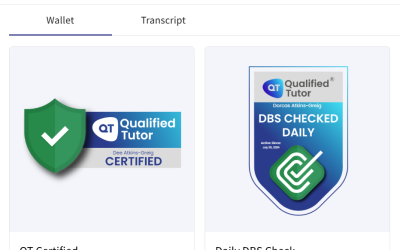SEND Series with Jack #2: Everybody Knows …
Our next little exploration goes like so…
We urge you to regard with great skepticism any sentence that begins “Everybody knows …” or “Common sense tells us …”. Often, these phrases are signposts for cultural belief systems …*.
Why is this important? Well, let me tell you, dear reader. When a challenging behaviour presents itself, it often affects how we feel emotionally rather than intellectually. Think about that student who you find particularly difficult to be around. They aren’t an assault to your intelligence, but they might be an assault on your senses. We can draw a line directly from our gut reactions back through our lives to our own experiences.
Whilst these gut reactions are true for us, they are not true for everybody. Our understanding of the world is based on our experience and there is not another person who shares the same unique collection of experiences that you do.
So, when we think “everybody knows how to behave”, we should first try and define ‘everybody’, and then we should define what it means ‘to behave’. For some people, good behaviour is saying please and thank you, even when they want to scream and run away. For some people, good behaviour is expressing feelings as they come up in a safe and constructive manner. For some people, good behaviour is maintaining eye contact – how else would you know whether somebody is engaged or trustworthy … ? As you can see, there is a potential conflict in the definition of a simple statement like “I expect good behaviour”.
Next time you’re faced with an incident of challenging behaviour, take 5 minutes afterwards (once your Prefrontal Cortex is back ‘online’, see Sarahlynn Hodder’s LTC Connect Wellbeing Hub session on Guy Fawkes) to answer these questions.
What was the behaviour?
What were they trying to communicate?
What was difficult about it for me?
What would I like them to do instead?
Once we know how their behaviour is affecting us and we have started to reflect on what kind of communication we prefer, it is much easier to start an open dialogue with the student and perhaps even come up with a plan to help them express their needs better next time.
______________________________
*Chapter 2: Myths and Realities. Easton, D. and Hardy, J.W. (2017). The Ethical Slut : a practical guide to polyamory, open relationships and other adventures. 3rd ed. California: Ten Speed Press.
Recommended Posts
Qualified Tutor Standards for Excellence
Keeping students safe is the highest priority. Tutors must be vigilant and attentive to even the smallest signs that could indicate a safeguarding concern. Every interaction, whether in-person or online, must prioritise student welfare.
The Importance of Enhanced DBS and Daily DBS Checks in Online Tutoring
Why Background Checks Matter in Tutoring When parents entrust a tutor with their child’s education, they expect not only academic support but also a safe and secure learning environment. Whether tutoring takes place in person or online, safeguarding is paramount. In...
What’s the Difference Between Qualified Tutor and The Tutors’ Association?
This article explores the key differences between Qualified Tutor and The Tutors’ Association, helping you decide which aligns best with your professional goals.




0 Comments